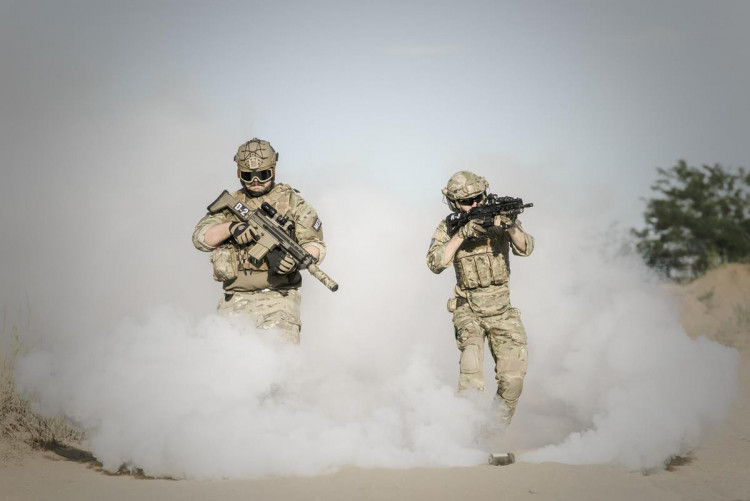For Russian state media audiences, one military analyst had a brutally honest message: the conflict in Ukraine will get even worse for Russia, which is confronting a mass mobilization backed by the U.S. while being practically completely isolated.
Since Russian President Vladimir Putin authorized the invasion of Ukraine on February 24, Russia's state media has backed the Kremlin's viewpoint. Only a few disagreeing voices have been heard.
That seemed to change on Monday night, when a well-known military analyst delivered a harsh appraisal of what Putin describes as a "special military operation" to Russia's primary state television station.
"You must not consume informational tranquilizers," former colonel Mikhail Khodaryonok warned Olga Skabeyeva, one of the most pro-Kremlin reporters on television, on the one-hour television program on Rossiya-1.
Khodaryonok, a frequent guest on state TV who offers blunt evaluations of the situation, predicted that Russia's situation would worsen. Ukraine could mobilize a million armed men, he claimed.
Before the invasion, Khodaryonok, a military journalist for the Gazeta.ru daily and an alumnus of one of Russia's best military institutions, warned that such a move would be counterproductive to Russia's national interests.
The annexation of Ukraine by Russia has killed thousands of citizens, dislocated millions more, and sparked fears of the most serious conflict between Russia and the U.S. since the Cuban Missile Crisis in 1962.
The conflict has also revealed Russia's post-Soviet force, intelligence, and economic strength boundaries: despite Putin's efforts to expand his military services, the Russian army has performed poorly in numerous fights in Ukraine.
The encirclement of Kyiv has been discontinued, and Russia's attention has shifted to establishing control over Ukraine's eastern Donbas territory. The Ukrainian army has received billions of dollars in weaponry from the West.
Although Russian casualties are not publicly recognized, Ukraine claims they are higher than the 15,000 Russians who died in the 1979-1989 Soviet-Afghan conflict.
To date, the most significant strategic repercussions of Russia's assault have been the extraordinary solidarity among the U.S.' European allies and Sweden and Finland's ambitions to enter the NATO alliance led by the U.S.
Russia, according to Khodaryonok, needs to see reality.
He maintained that the primary flaw in Russia's military-political stance is that it is in complete geopolitical isolation, and despite Russia's denials, nearly the entire world is against the nation, and that they have to get out of the situation.




